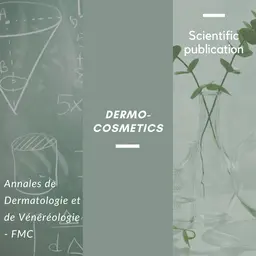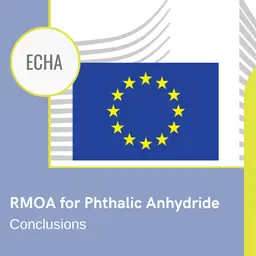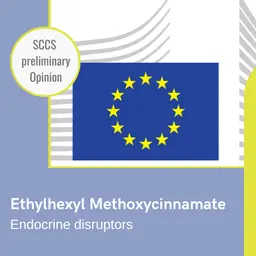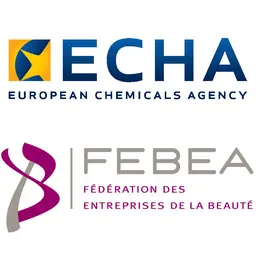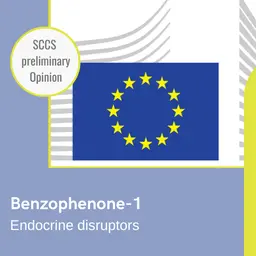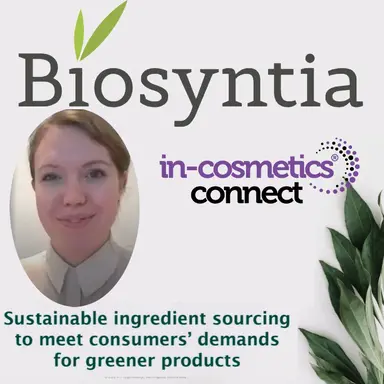
Naturalness and sustainability have become almost obligatory in order to meet growing consumer demand. However, sourcing sustainable raw materials is often an uphill battle with an uncertain outcome. At an in-cosmetics connect webinar on 25 January 2021, Cecilie Oest-Jacobsen, from the Danish company Biosyntia, presented the fermentation technology, which enables the production of effective and more sustainable plant-based active ingredients.
Sustainability is a demand that is becoming increasingly strong among consumers. A survey conducted in the United States indicates that they consider the most important characteristics for skin care to be:
• Naturalness: 42%
• Absence of chemical ingredients: 27%
• Respect for the environment: 15%
• Organic quality: 10%
• Absence of GMOs: 6%
These figures are equivalent for hair products:
• Naturalness: 44%
• Absence of chemical ingredients: 26%
• Respect for the environment: 20%
• Organic quality: 7%
• Absence of GMOs: 3%
And it is the youngest consumers (generation Z) who say they are the most willing to pay more for sustainable products.
The environmental impacts of cosmetic active ingredients
For a cosmetics manufacturer, sustainability is a choice that impacts the entire value chain: it involves the choice of ingredients (without microplastics or palm oil, for example) as well as production processes, packaging, transport, recycling… and of course the sourcing of raw materials.
From the point of view of their origin, there are today mainly two categories of cosmetic active ingredients :
• Those obtained by chemical synthesis
• Those which are derived from a vegetal extraction
These two methods make it possible to obtain active …



